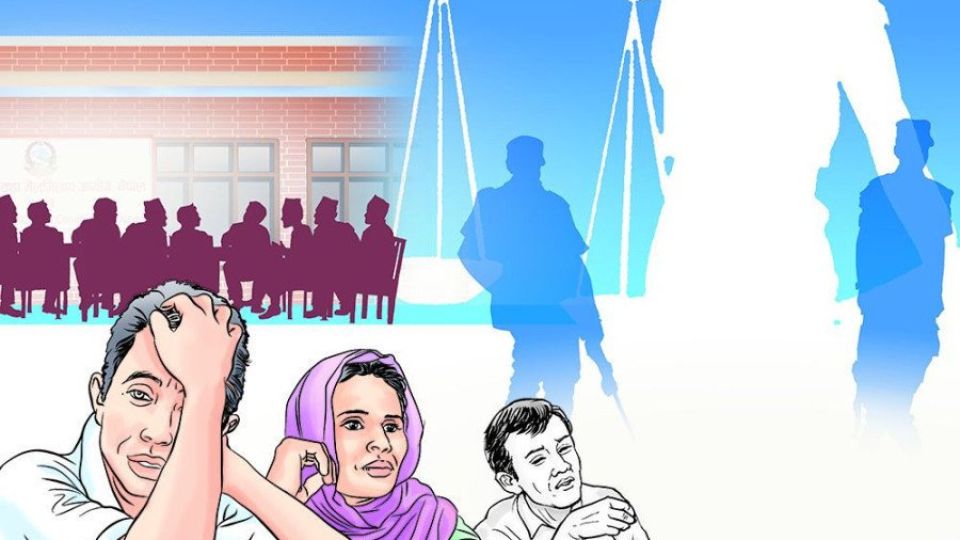August 30, 2024
KATHMANDU – Within hours after President Ramchandra Paudel authenticated the bill to amend the Enforced Disappearances, Enquiry, Truth and Reconciliation Commission Act, the international community welcomed Nepal’s efforts to take the nearly two-decade-long peace process to a logical conclusion.
Issuing a joint statement in Kathmandu on Thursday, the United States of America, Switzerland, Australia, the United Kingdom, Norway, Japan, Finland, the European Union, Germany, and France welcomed the bill passed by both houses of the federal parliament.
They expressed commitment to explore possible mechanisms for support to Nepal for the benefit of the victims and expressed belief that the continued participation of the victims in decision making processes will aid the effective implementation of the Act.
“While we are in the early stages of the process, in order to assess possible future actions, the undersigned look forward to hearing from the Government of Nepal about specific needs to support effective delivery by the Truth and Reconciliation Commission and the Commission on the Investigation of Enforced Disappeared Persons,” the statement read. “Now is the time for all stakeholders to band together in support of bringing this segment of Nepal’s history to a successful conclusion.”
President Paudel authenticated the bill earlier in the afternoon.
Ending nearly a decade of confusion, the House of Representatives passed the bill on August 14, followed by the validation from the National Assembly on August 22. It was forwarded to President Paudel after Speaker Devraj Ghimire certified it on Wednesday.
With the President’s authentication, the bill will come into force once it is published in the Gazette.
However, a group of victims, human rights activists and organisations in the country, while welcoming several progressive provisions in the bill, had been demanding revisions in some of the provisions. Dozens of victims even staged a sit-in at New Baneshwar, near the Parliament premises, demanding necessary changes in the provisions that they claim undermine the quest for justice.
Their appeal went unheard as both houses of the legislature passed the bill without making any changes.
Along with some victim’s groups from the 1996-2006 insurgency, three international human rights organisations and the National Human Rights Commission expressed their reservations to some provisions of the bill.
The constitutional human rights watchdog is particularly unhappy with the provision of reducing 75 percent sentencing even in serious violations of human rights. It allows the attorney general to lodge the case demanding just 25 percent of action as per the existing law.
The peace process began with the signing of the Comprehensive Peace Accord in 2006 that ended the decade-long Maoist insurgency in the country.
Other tasks of the peace process including integration of Maoist combatants and management of the arms of the former rebels were accomplished years ago but the responsibility to serve justice to the conflict victims remained unfinished.


